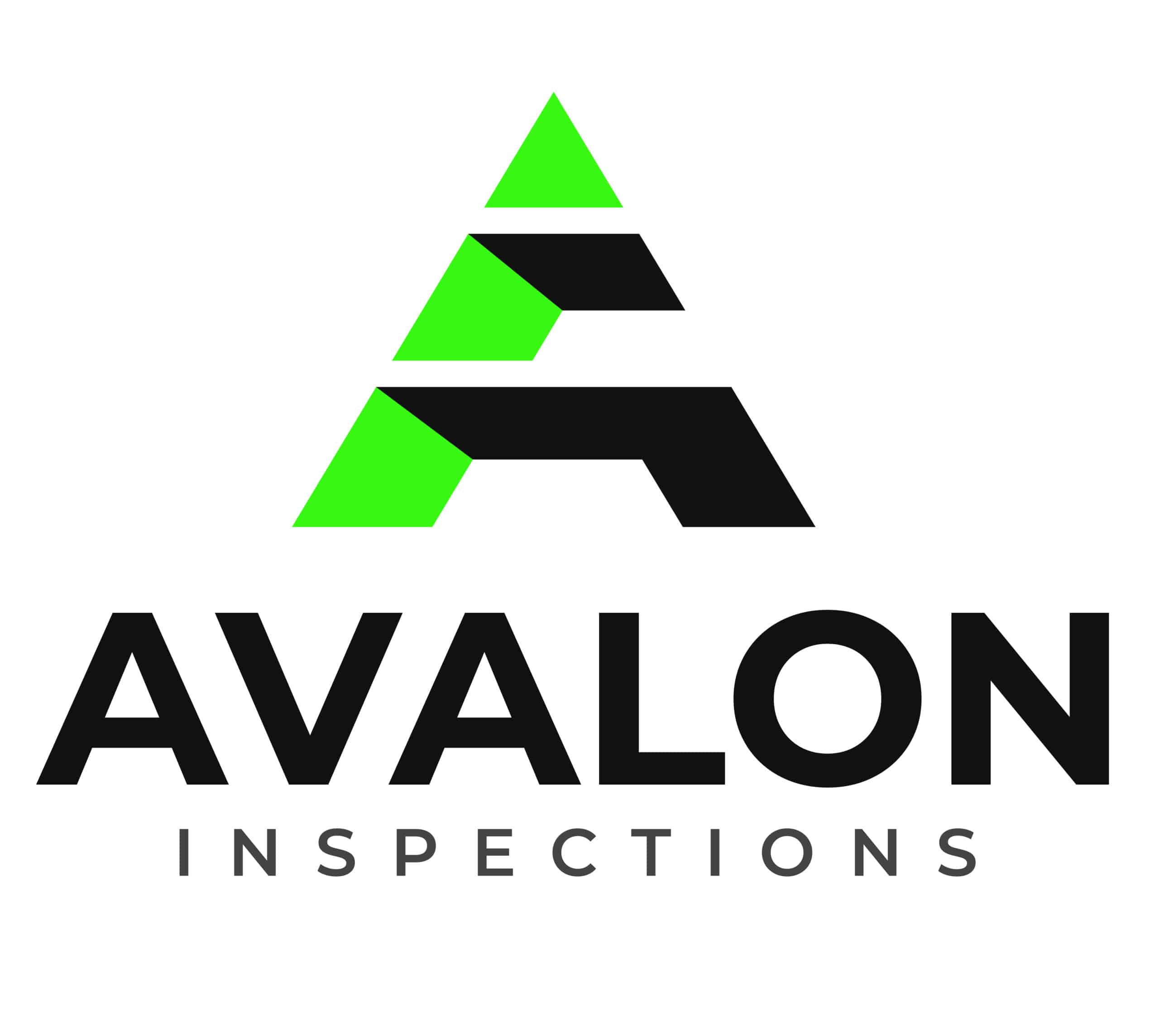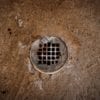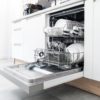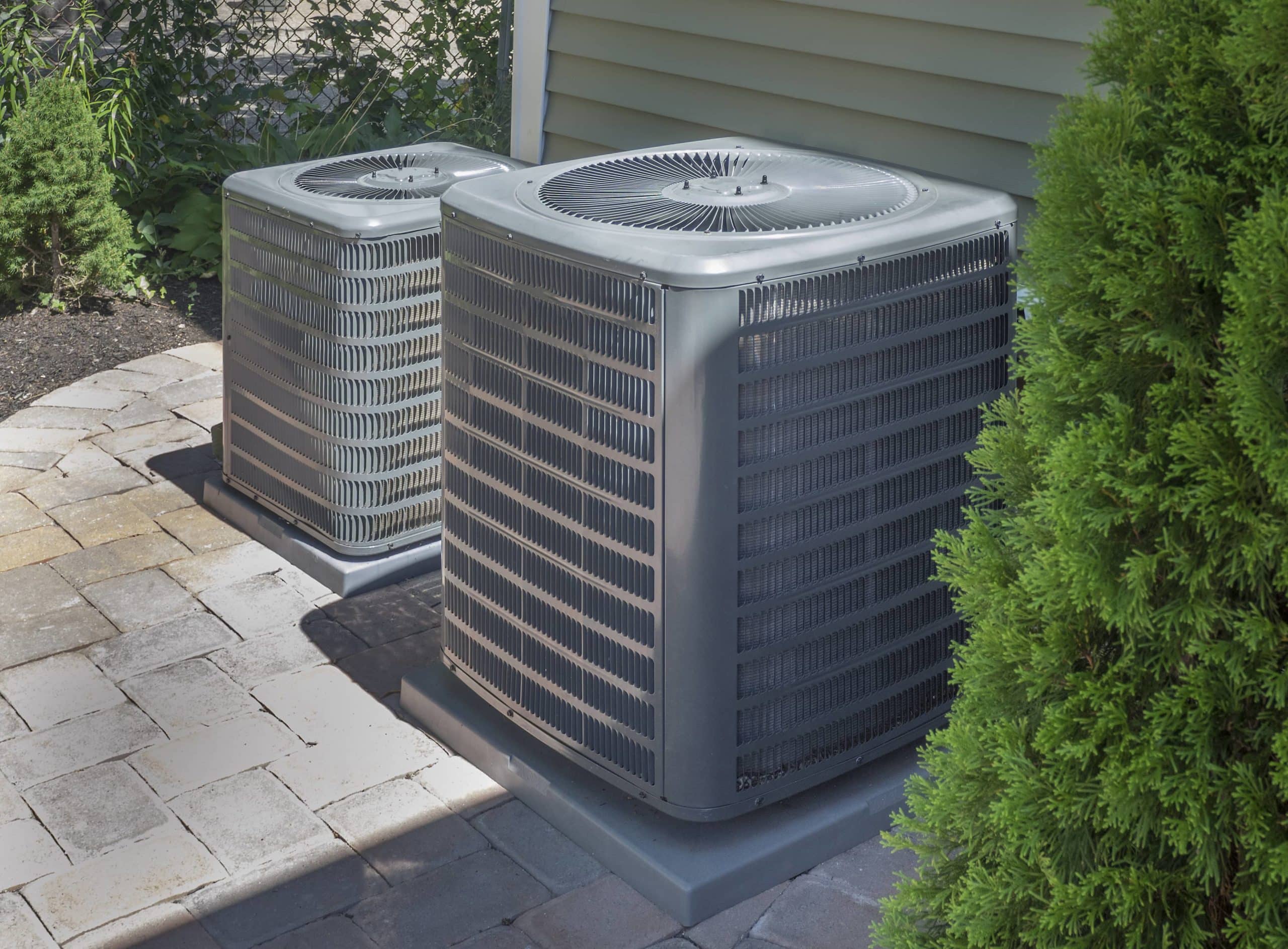
Here in Georgia, our winters get cold and our summers are hot. We need furnaces and HVAC’s. Getting the most amount of years out of both is important to stay warm or cool and to save money and repair headaches.
How long does an HVAC system last? They can last 10-17 years. This depends on if they were installed correctly, how they are maintained, if chemicals are used in the home, or even if you have one in a coastal area. Let’s take a look at why this is important, issues that shorten the lifespan, average lifespan, issues to look for, and maintenance.
Why This is Important
HVAC’s are expensive and crucial in the climate we live in. In this day and age, HVAC’s have become more advanced with technology, but also the environment is playing an issue.
In addition, if you are buying a home and find out through the home inspection that the HVAC needs repairing or worse than that, replacing, you won’t be a happy person. Having an idea ahead of time can give you time to budget for it, but as with all things, some things don’t last as long as they should even though you take care of it.
Issues That Determine How Long An HVAC System Lasts
Issue 1: Environment
Chemicals that are used for cleaning in the homes are getting close to the HVAC parts indoors and causing corrosion and the copper to wear out faster. It is called off gassing and the chemicals release the particles into the air. This leads to more expense and a shortened life span for the parts and unit.
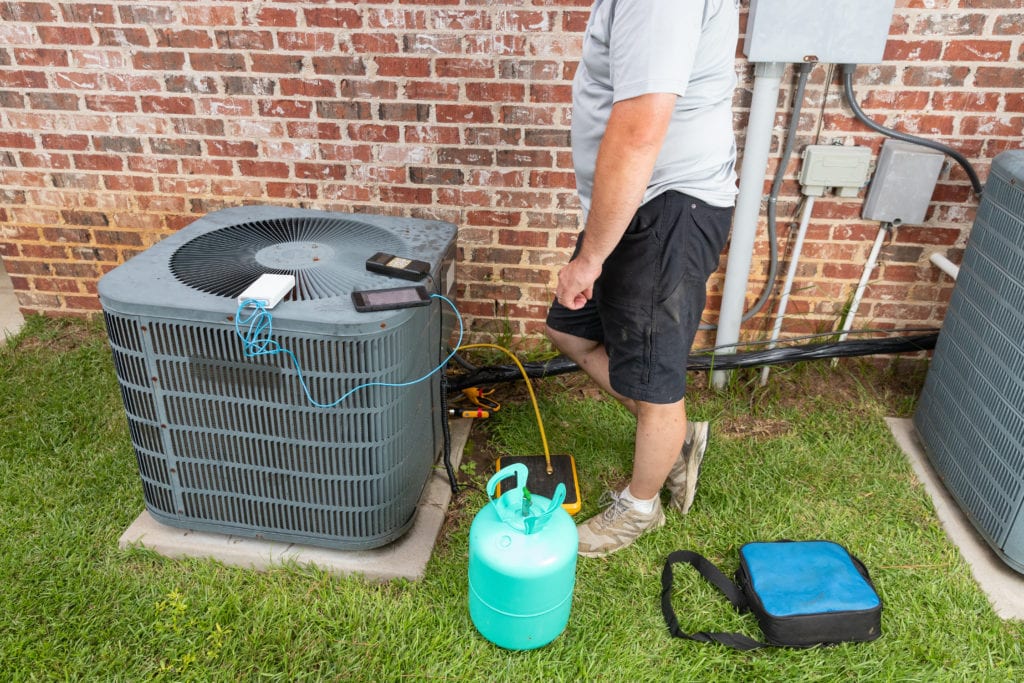
Issue 2: Lack of Maintenance
Not properly maintaining the HVAC unit can lead to a shorter lifespan and wearing out of the components faster. The homeowner should do HVAC maintenance in the springtime so that the system is ready for the heat of the summer and the cold temperatures in the winter. A tune-up should be done about twice a year, depending on where you live.
Issue 3: Oversizing of the Unit
If you get a unit that is too big for the home, it may cause off and on cycling. This will wear out the parts faster and even cause a blower motor to go.
Issue 4: Coastal Areas
Maybe you live close to the coastal area or have a home in that area, if you do, unfortunately, you will probably see your unit lose a few years of its lifespan. This is due to the salt air that corrodes the unit. Consequently, it causes repairs more frequently as well as replacing the unit at an earlier time.
Average Lifespan of Various Components of the HVAC System
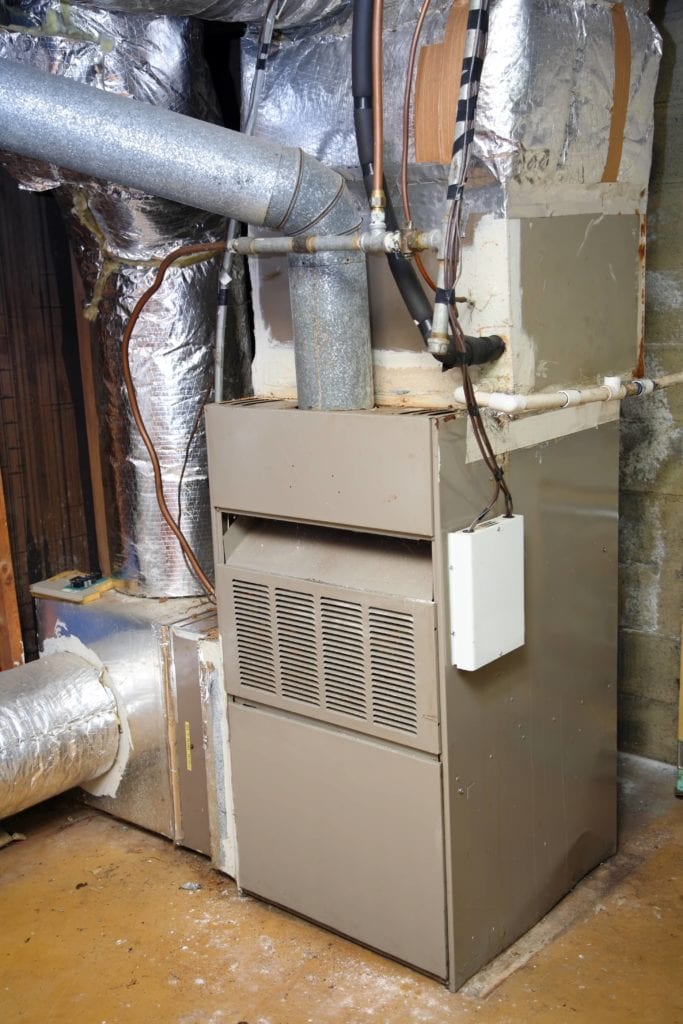
Furnace
This component warms up the home in the cold winter months. The lifespan is about 15-20 years when you keep up with maintenance, however is shortened by a few years when you don’t. There is a heat exchanger in the unit and when that begins to leak that is usually when replacing is needed.
Heat Pump
Another component of the HVAC system is the heat pump. Typically lasting 10-20 years, but is used year-round, so it wears out faster than the HVAC unit. When it is in coastal areas, it lasts a few years less. When the condenser fails or the compressor has corrosion or leaks, replacing is needed.
Issues to Look For in the HVAC System
Being aware of issues that are starting in your HVAC can help. Look for the following:
Air Handler Leaking Water
If your air handler is leaking water, it could be a number of things such as a clogged condensate line, the refrigerant is low, or the air filter is dirty to name a few. Did you know that it even maybe that there is an unsolved water issue or that the unit may just be sweating?
Keeping an eye on a maintenance issue like this will help keep expensive repairs away. Contact a professional if you are unsure what is happening.
Using the On Setting or Auto on the Air Conditioner
Auto setting will allow the HVAC to act as a dehumidifier. However, the stop and start of the system can cause it to go out and that repair or replacement can be very expensive.
Lack of Airflow
If you are noticing there is a lack of airflow, this is important to fix right away. It can be several things such as the blower motor is about to go, or there is a crushed or blocked duct in the attic, or even something as simple as a dirty air filter.
However, if you don’t get it diagnosed quickly, you can have the air conditioner coils freezing in the home and leading to more expensive repairs.
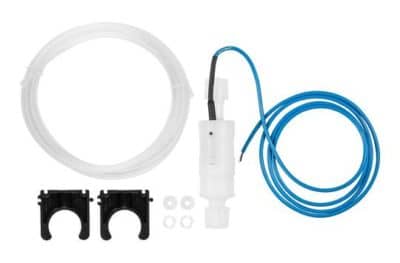
Check for a Float Switch on the HVAC
Maybe you are buying a “new to you” house. Check the HVAC unit and look for a float switch in the unit. This is essential as the float switch keeps water from backing up in the HVAC unit and shuts the system off.
Can you imagine if you go out of town for the weekend and return to a few inches of water on your floors and they are now ruined? If you had the less than $50 float switch installed, it would have turned off the HVAC unit and saved you thousands of dollars.
HVAC System Turned Off
If the HVAC system turned off, there are several things that could be going on. However, before you contact a technician, check out the video below to see if you can solve the issue before you spend money and time worrying.
Repair or Replace
Wondering if it makes sense to repair or replace the unit? If you are on a first-name basis with the HVAC technician because he/she is at your house often, it is a good idea to inquire if you should repair or replace the unit.
Keep in mind that the cost for replacement is about $3,000-$12,000 depending on the size of the unit, climate, and where you live. Compare that with the amount of money you have shelled out for repairs and see which one makes more sense.
Not sure what type of HVAC is right for your home? Check out this video below to help you decide. If you still are not sure, contact a professional for advice
Maintenance Can Help With How Long an HVAC System Can Last
As with anything, it will last longer with maintenance. The HVAC unit should have maintenance done in the spring, and more often if needed.
Here Are the Areas to Maintain:
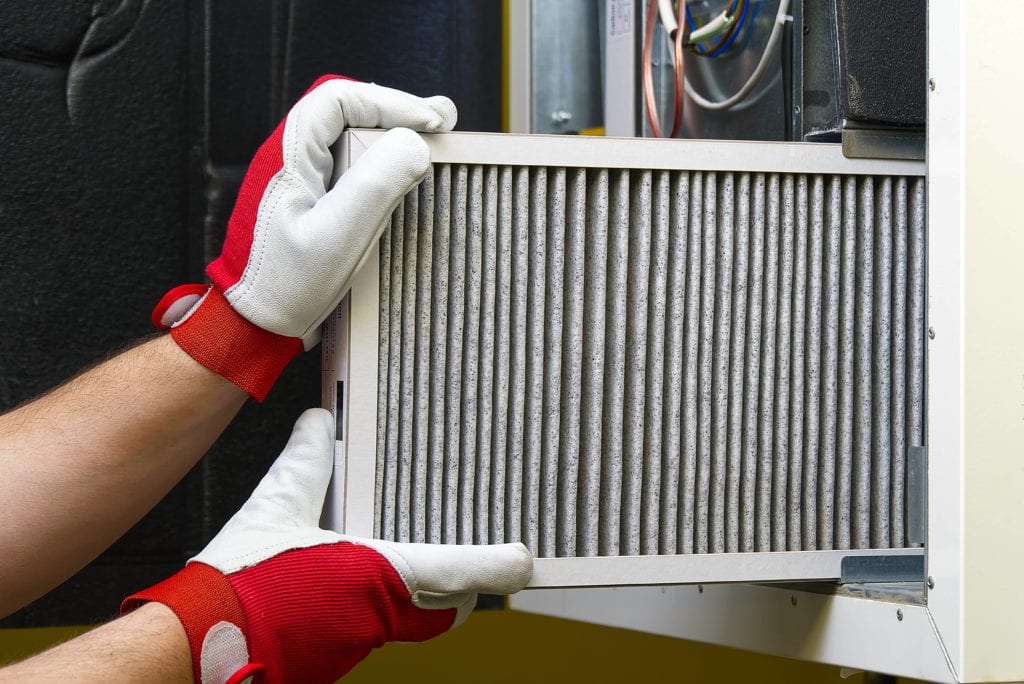
- Replace the Air Filter
Replacing the air filter should be every 1-3 months. This is depending on the environment in the home as well. If you have pets or a smoker in the home, it may need to be changed more often. The good news is air filters are inexpensive and a cleaner air filter will allow air to get through and lower your electricity bill.
2. Clean Around the Outside Unit
Make sure you clean debris and leaves from the outdoor unit. This will allow it to work smarter and not harder. Also, use a hose to spray down the condensing unit to rid it of dirt and grime. Check after heavy storms – rain and snow to make sure nothing is in the unit.
3. Clear Out the Condensation Line
You can do this every month: Add ¼ cup vinegar to the drain. Next, let it sit for 30 minutes, flush it out and it should clear. This will allow it to kill harmful bacteria, sludge, mold, and algae.
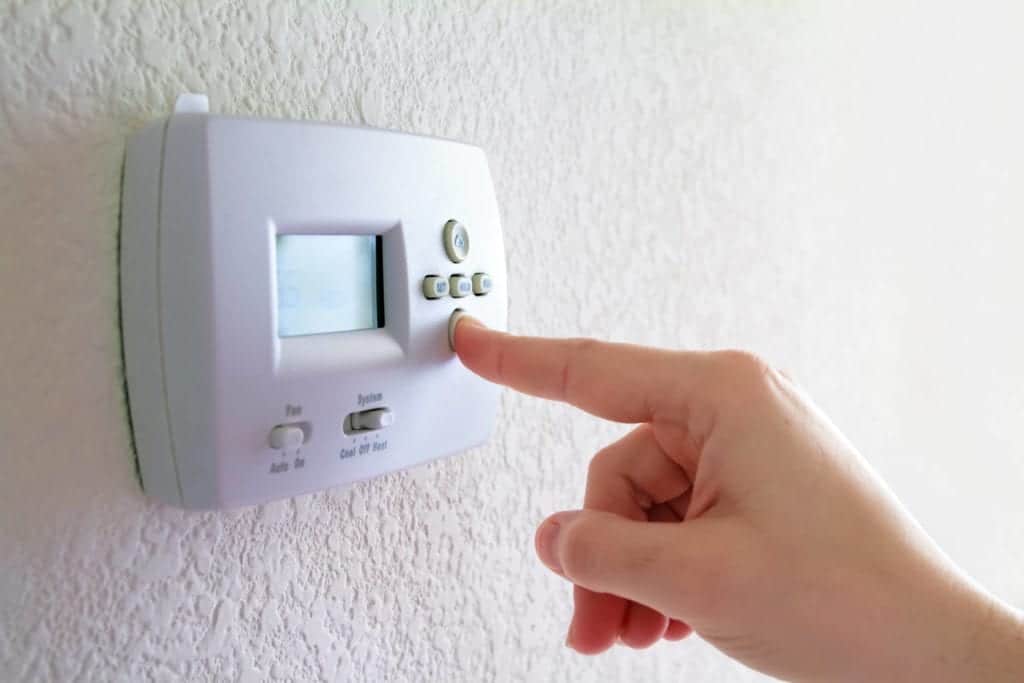
4. Adjust the Thermostat
In the winter months, setting the thermostat to “warm” and summer months to “cool” is the best idea. Also, make sure that the temperature inside the home is never warmer than outside. If you need help with this, contact a professional.
When to Call a Professional
Call a professional if you hear noises from the HVAC unit or are unsure of what the issues are with the unit. You also may need to call someone for help fixing the problems. Additionally, a tune-up twice a year from a professional will help diagnose any issues early and hopefully save you money.
Conclusion
HVAC’s are essential to most homes. We need the heat in the winter and the cool air in the summer. Even though most units last 10-17 years, some can last longer with proper care. Have questions about your HVAC unit? Or need a tune-up or help? Leave us a reply below and we will be in touch.
